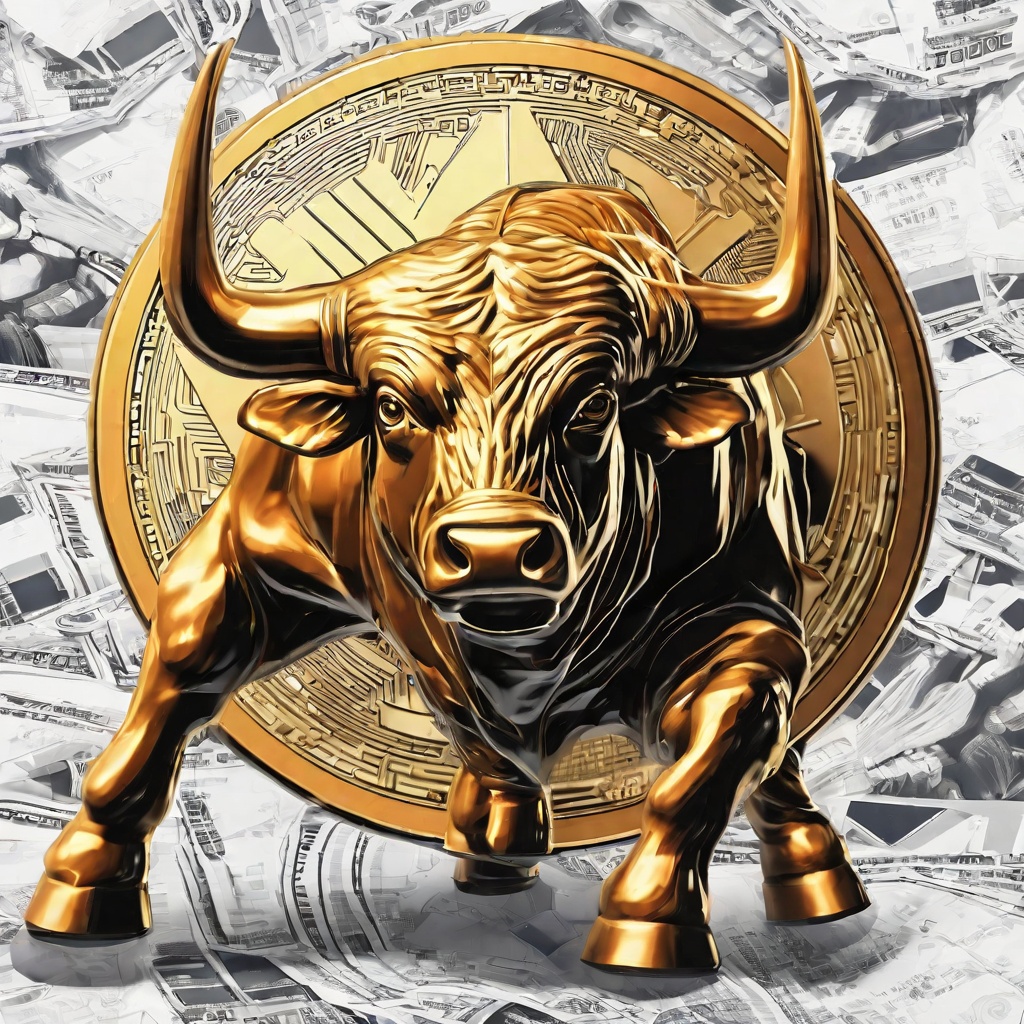Why are bitcoin spreads falling?

7 answers
Was this helpful?
Was this helpful?
Was this helpful?
Was this helpful?
Was this helpful?

Was this helpful?
Was this helpful?
Was this helpful?
Was this helpful?
Was this helpful?